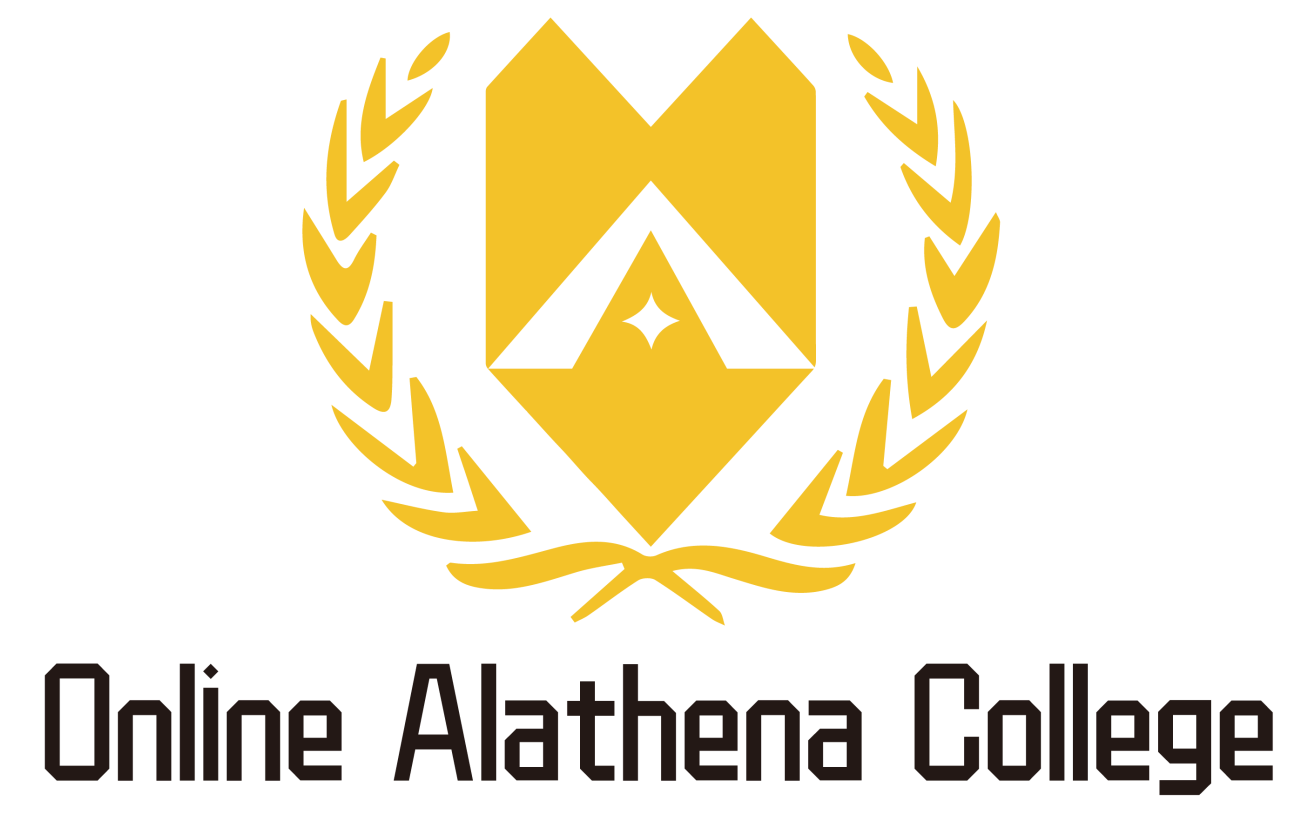Course code
ENG1D
Level
Grade 9
Study time
110 hours
Credit Value
1.0
Prerequisite
None
Curriculum policy
English, The Ontario Curriculum, Grades 9 and 10,2007, (revised)
ENG1D
English, Grade 9, Academic
Course Description
This course is designed to develop the oral communication, reading, writing, and media literacy skills that you need for success in your secondary school academic program and in your daily life. You will analyze literary texts from contemporary and historical periods, interpret informational and graphic texts, and create oral, written, and media texts in a variety of forms. An important focus will be on the use of strategies that contribute to effective communication. The course is intended to prepare students for the Grade 10 Academic English course, which leads to university or college preparation courses in Grades 11 and 12.
Unit 1: Short Stories
In this unit, students will explore the components of short stories and the tools writers use to
establish their plot, characters, and themes. Students will analyze short stories throughout this
unit and engage in the analysis process ultimately finding deeper meaning from the texts they read
and making connections.
Unit 2: Media Literacy
This unit will explore about media literacy and applying elements of media education to the
medium of advertising. By viewing, with a critical lens, different examples of print and digital
advertising, student will learn the importance of media literacy in the digital age and analyze
advertising for topic, purpose audience, and persuasive techniques
Unit 3: Twelfth Night
Students will study William Shakespeare’s Twelfth Night, using the original text and modern
versions to analyze and discuss important themes, points of plot, characters, and quotations, and will question the reason and motives behind actions and words in the play and determine
the messages behind the comedy of chaos and deception.
Unit 4: Novel Study
Students will study the psychological thriller We Were Liars by E. Lockhart, building on their active
reading strategies and analytical skills. Students can expect to use planning organizers, the retell,
relate, reflect framework for active reading, and paragraph responses to important quotations, and develop their critical analysis skills.
Unit 5: Poetry
In this unit, students will navigate the deconstruction and analysis of a variety of poems, also students will build their skills by identifying devices
and discussing meaning in poems.
Unit 6: Culminating Activity
In this last unit, students will complete the culminating activity. Students will choose from a wide variety of novels
varying in level, topic, and genre.
Overall Curriculum Expectations
A. ORAL COMMUNICATION
- A1. Listening to Understand: listen in order to understand and respond appropriately in a variety of situations for a variety of purposes;
- A2. Speaking to Communicate: use speaking skills and strategies appropriately to communicate with different audiences for a variety of purposes;
- A3. Reflecting on Skills and Strategies: reflect on and identify their strengths as listeners and speakers, areas for improvement, and the strategies they found most helpful in oral communication situations.
B. READING AND LITERATURE STUDIES
- B1. Reading for Meaning: read and demonstrate an understanding of a variety of literary, informational, and graphic texts, using a range of strategies to construct meaning;
- B2. Understanding Form and Style: recognize a variety of text forms, text features, and stylistic elements and demonstrate understanding of how they help communicate meaning;
- B3. Reading With Fluency: use knowledge of words and cueing systems to read fluently;
- B4. Reflecting on Skills and Strategies: reflect on and identify their strengths as readers, areas for improvement, and the strategies they found most helpful before, during, and after reading.
C. WRITING
- C1. Developing and Organizing Content: generate, gather, and organize ideas and information to write for an intended purpose and audience;
- C2.Using Knowledge of Form and Style: draft and revise their writing, using a variety of literary, informational, and graphic forms and stylistic elements appropriate for the purpose and audience;
- C3. Applying Knowledge of Conventions: use editing, proofreading, and publishing skills and strategies, and knowledge of language conventions, to correct errors, refine expression, and present their work effectively;
- C4. Reflecting on Skills and Strategies: reflect on and identify their strengths as writers, areas for improvement, and the strategies they found most helpful at different stages in the writing process.
D. Media Studies
- D1. Understanding Media Texts: demonstrate an understanding of a variety of media texts;
- D2. Understanding Media Forms, Conventions, and Techniques: identify some media forms and explain how the conventions and techniques associated with them are used to create meaning;
- D3. Creating Media Texts: create a variety of media texts for different purposes and audiences, using appropriate forms, conventions, and techniques;
- D4. Reflecting on Skills and Strategies: reflect on and identify their strengths as media interpreters and creators, areas for improvement, and the strategies they found most helpful in understanding and creating media texts.

